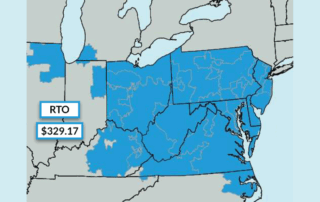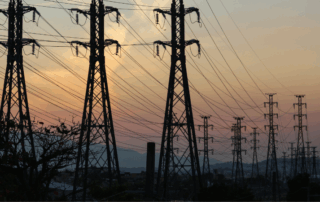Battery Energy Storage Systems (BESS): Smarter Commercial Energy Management
Battery Energy Storage Systems (BESS) are rapidly becoming a cornerstone of smarter commercial energy management as businesses face rising electricity costs, demand charges, and grid volatility. From peak shaving and backup power to demand response and wholesale market participation, BESS allows commercial and industrial facilities to actively control energy costs while improving resilience and flexibility.
Commercial Energy Storage Systems
Commercial energy storage systems are becoming a game changer, offering new possibilities for efficiency and sustainability. This article delves into the cutting-edge advancements in commercial energy storage, examining how they are revolutionizing the way businesses store and manage power.
PJM 2026/27 Base Residual Auction Results: Record Capacity Prices in PJM
On July 22, 2025, PJM Interconnection released the results of its 2026/2027 Base Residual Auction (BRA), clearing at a record-high FERC-imposed cap of $329.17 per megawatt-day. This 22% increase from the previous year signifies escalating demand and tightening capacity across PJM's 13-state region, leading to continued elevated electricity prices for industrial and commercial energy users.
Con Edison NY Rising Energy Costs
Con Edison is proposing significant rate hikes for 2026, with electric bills expected to rise by 11.3% and gas by 13.4% across New York City and Westchester. These increases highlight the urgent need for businesses to plan energy procurement strategies for the years ahead.
Business Gas & Electricity Comparison
As energy prices continue to rise globally, understanding and managing your energy procurement strategy is more important than ever. Whether you are a large electricity user, natural gas user, or both, this article will help you understand what drives both costs, how to shop for lower-cost energy, and the best ways to develop an effective energy strategy for your business.
On-Site Power Generation: How Large Energy Users Are Making Their Own Power To Offset Rising Capacity Costs
Rising capacity charges, unpredictable market prices, and mounting sustainability targets are prompting a growing number of businesses to generate their own electricity on-site. This article explores the forces driving adoption, the technologies leading the movement, and how companies are using on-site generation to protect their bottom line.





